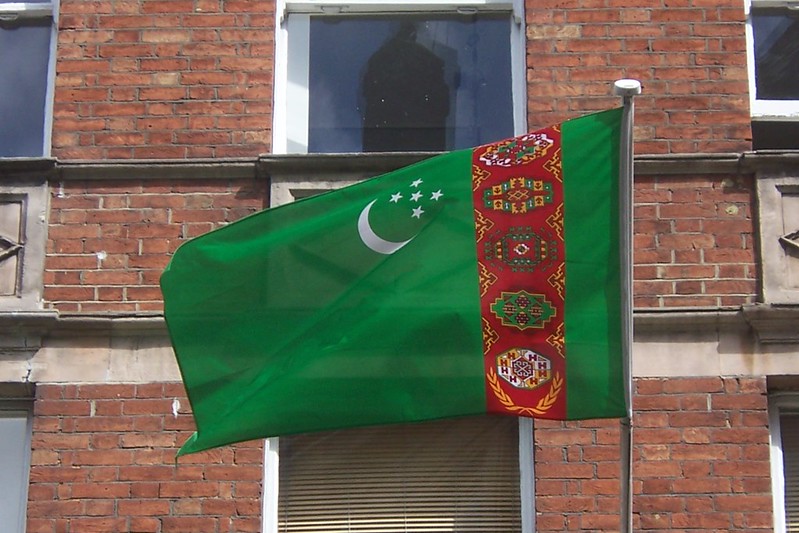State control over Turkmen bloggers
The country's best-known influencers have been enjoined to "uphold a happy and prosperous image of the Turkmen nation." Surprise checks at schools and public companies to search their cell phones for materials deemed contrary to state interests. Meanwhile, Turkmenistan remains the country with the slowest internet network in the world with an average speed of 0.50 megabits per second.
Ashgabat (asiaNews) - In recent days, officials of Turkmenistan's state agencies, which control the world of information in the center and regions, summoned the country's best-known bloggers and influencers to urge them to "uphold a happy and prosperous image of the Turkmen nation."
The police warned everyone that the dissemination of any content critical of the country's politics and situation is definitely unwelcome, and could even lead to criminal consequences.
Strict control of freedom of expression and the press is nothing new for Turkmenistan, and all media have always been under various pressures. With the new opportunities of the latest technology, however, the risk is that the situation will get at least partially out of hand for the country's leadership.
Indeed, many Turkmen use free Vpn access and other tools to surf the Internet, circumventing the draconian restrictions imposed from above.
Some bloggers, maintaining anonymity, have let international agencies such as Azattyk and others know that the police are monitoring them on a daily basis, and even putting a like or comment on unwelcome content could be considered an act of "anti-government sedition."
Some well-known influencers are regularly summoned to police headquarters, especially those considered "opinion leaders" who use Instagram, TikTok and YouTube to spread videos in which they offer products and services and in which, according to the rules of the genre, they tell about themselves or express their ideas on various issues.
Demands from the top now include the need to reproduce only materials that show Turkmenistan in a positive light, especially with images of happy children, or of the new constructions in cities, such as the new city of Arkadag overseen by former President G. Berdymuhamedov, now president of the Senate, who has complained about poor coverage of his enterprises by "free" websites.
Those in the state, after all, have always been engaged in propaganda about "greater Turkmenistan," starting with government websites, where they also regularly illustrate the opening of new stores or markets, triumphant families excited about moving into new apartments, and never lacking very well-dressed elders ushering in the annual agricultural harvest seasons.
Many link the IT crackdown by authorities with the recent release of a viral video showing Turkmen policemen tearing their badges from their uniforms, and accusing a motorist of forcing them into extreme gestures over their refusal to pay a bribe.
The video shows the policeman accusing the driver of assault and of being the culprit behind the damage to the jacket, while throwing the badge on the car's top. Later the policemen realize that passersby are filming them, and they lash out at them.
The protagonists have not been identified, although the car's license plate shows the numbers of the velayat (province) of Lebap, but since the beginning of June the video has been becoming increasingly popular.
In addition to checks on the IT world, in recent days police officers have been conducting constant spot checks at schools and public companies to check the cell phones of students and workers for materials deemed contrary to state interests.
Authorities often force students to sign pledges refusing to use Vpn, and other means of accessing prohibited sites. Lately in Turkmenistan more than 122 thousand web domains have been blocked.
However, the country remains one of those with the slowest Internet network in the world, as even the company cable.co.uk calculated, so at the average speed of 0.50 megabits per second, Turkmenistanis remain at the bottom of the ranking of all 224 countries surveyed. To download a 5-gig video file, it takes 22 hours and 34 minutes in Turkmenistan.
Photo: Flickr /sarflondondunc
25/11/2021 10:52
13/02/2017 17:18
02/05/2023 09:20
19/08/2022 09:59







.png)










